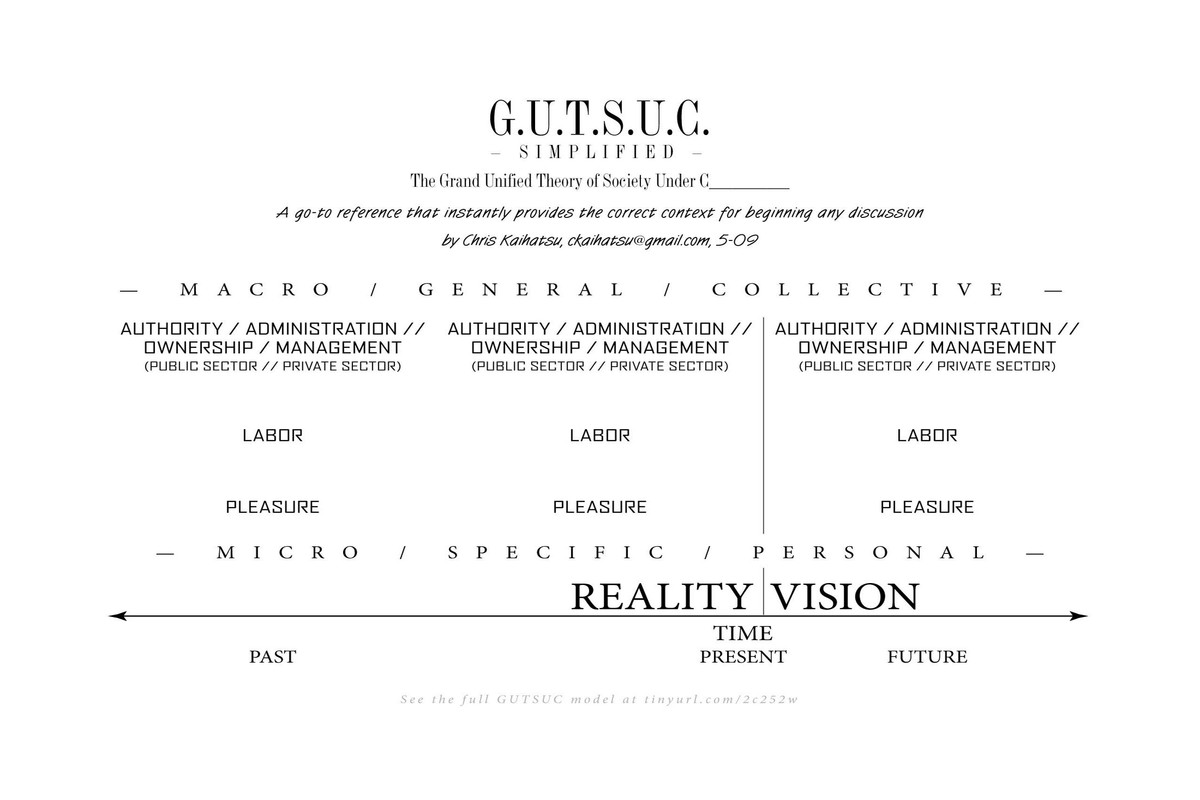- 20 Jul 2022 03:23
#15239362
The International Monetary Fund has warned of a high risk of a global Recession within the next 12 months.
The article is from The Guardian.
Global recession risk rising as economic outlook ‘darkens significantly’, IMF says | Global economy | The Guardian
https://www.theguardian.com/business/20 ... y-imf-says
Both the IMF and The Guardian are pretty moderately Progressive Left-leaning, so this isn't just Conservative Right scare tactics.
I wonder if it has some connection to the high amount of inflation, or even whether it could have something to do with the recent huge budget deficits across the "Western World" (UK, EU, US, Canada, and Australia), running up government debts even higher than usual. (You can't stimulate the economy to get an "up" without paying the price in the form of a "down" later)
Russia and the Ukraine are one part of this, but I believe it is probably not too big of a part if they are talking about a global recession, since those two countries don't have a huge amount of economic entanglement with the rest of the world. Sanctions against Russia initially raised the price of oil on the world market, but now the supply chains have reconnected and China and India sourcing much of their oil from Russia now. The country of Turkey is in a difficult situation with that though. And Europe is going to have a tougher time getting gas this winter to heat buildings. Increased energy costs can often be the driver of a recession.
The Guardian also has another article:
Missed meals and constant stress: New Zealand’s cost-of-living crisis hits home, July 3, 2022
https://www.theguardian.com/world/2022/ ... -hits-home
Discussing inflation in New Zealand and how incomes are not keeping up with the price increases.
Will this really be a "Global" recession, or just hit all the "Western countries"?
Because we're not seeing inflation now in places like Japan and Thailand, and even in China the inflation rate is very low.
The article is from The Guardian.
Global recession risk rising as economic outlook ‘darkens significantly’, IMF says | Global economy | The Guardian
https://www.theguardian.com/business/20 ... y-imf-says
Both the IMF and The Guardian are pretty moderately Progressive Left-leaning, so this isn't just Conservative Right scare tactics.
I wonder if it has some connection to the high amount of inflation, or even whether it could have something to do with the recent huge budget deficits across the "Western World" (UK, EU, US, Canada, and Australia), running up government debts even higher than usual. (You can't stimulate the economy to get an "up" without paying the price in the form of a "down" later)
Russia and the Ukraine are one part of this, but I believe it is probably not too big of a part if they are talking about a global recession, since those two countries don't have a huge amount of economic entanglement with the rest of the world. Sanctions against Russia initially raised the price of oil on the world market, but now the supply chains have reconnected and China and India sourcing much of their oil from Russia now. The country of Turkey is in a difficult situation with that though. And Europe is going to have a tougher time getting gas this winter to heat buildings. Increased energy costs can often be the driver of a recession.
The Guardian also has another article:
Missed meals and constant stress: New Zealand’s cost-of-living crisis hits home, July 3, 2022
https://www.theguardian.com/world/2022/ ... -hits-home
Discussing inflation in New Zealand and how incomes are not keeping up with the price increases.
Will this really be a "Global" recession, or just hit all the "Western countries"?
Because we're not seeing inflation now in places like Japan and Thailand, and even in China the inflation rate is very low.













 - By skinster
- By skinster - By Tainari88
- By Tainari88